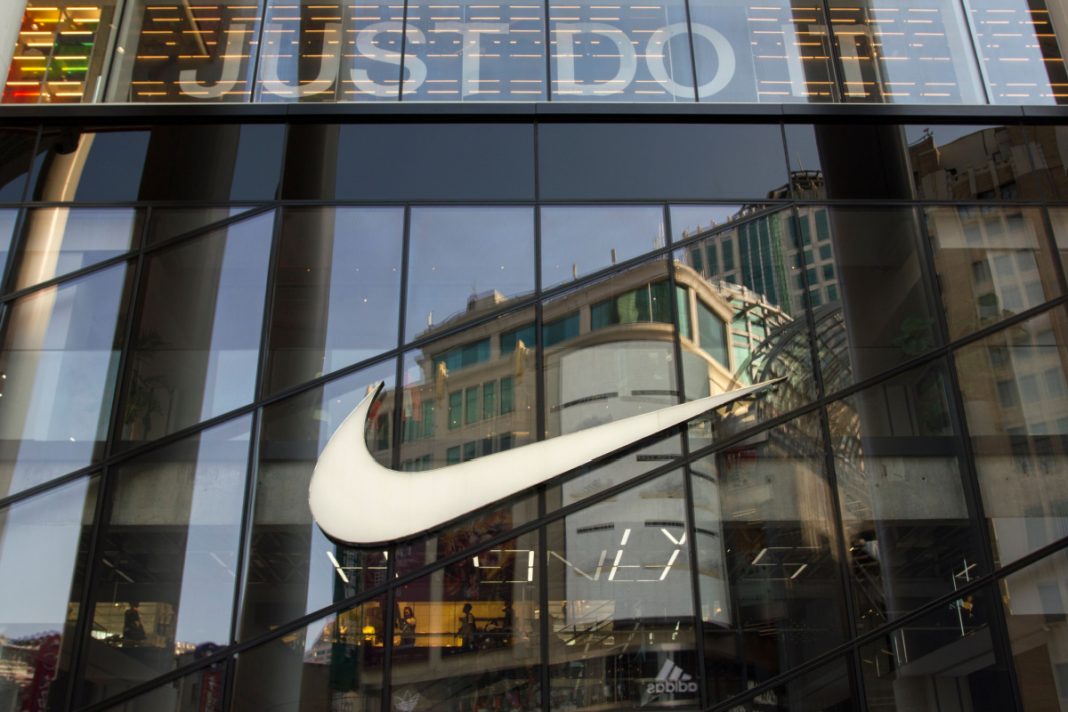Nike has updated its terms of sale which will prevent automated orders made online in a bid to mitigate the rise of resellers of its footwear.
The sportswear giant now holds the power with the new rule to decline funds, reject sales and suspend the accounts of buyers it deems are purchasing its products to resell them onto the market. The firm also has the ability to reject orders that exceed its purchase limit on products.
The revised Nike ruling states: “Nike Stores, including any consumer rights or policies offered in Nike Stores, are intended solely for the benefit of end consumers, and therefore purchase of products for resale is strictly prohibited.”
StockX, a prevalent sneaker reseller, was accused by Nike earlier this year over the store allegedly selling fraudulent versions of its sneakers leading to a legal battle between the two companies.
During a court hearing last May, Nike stated that it had bought four pairs of counterfeit sneakers from StockX, after the reseller confirmed it only sells legitimate athletic sneakers.
“Those four pairs of counterfeit shoes were all purchased within a short two-month period on Stock X’s platform, all had affixed to them, StockX’s ‘Verified Authentic’ hashtag, and all came with a paper receipt from StockX in the shoe box stating that the condition of the shoes is ‘100% authentic’,” stated Nike in the court filing.
Another element to Nike’s frosty relationship with the reselling site is the claim from the sneaker brand that StockX’s NFT series was based on Nike shoes, who were ultimately sued by Nike.
The reseller hit back at Nike during the court hearing, stating that Nike’s claims were “nothing more than a failed attempt to bolster its still meritless claims”.
StockX went on to state further in its sneaker counterfeit defence that it takes customer protection “extremely seriously” and has spent “millions” in an aim to mitigate counterfeit products.























